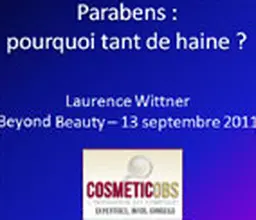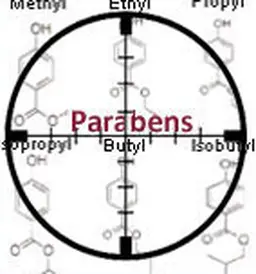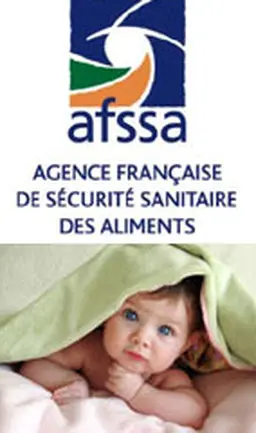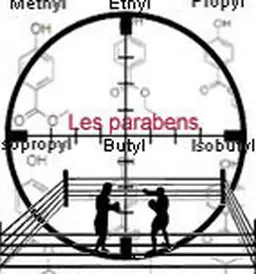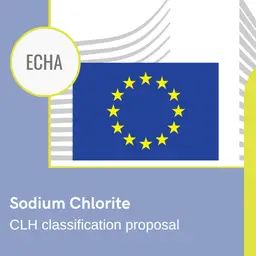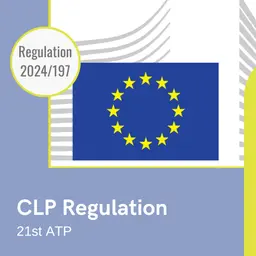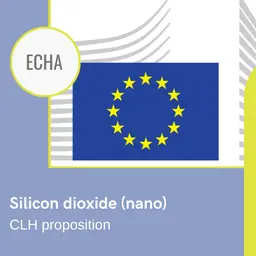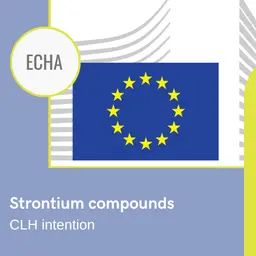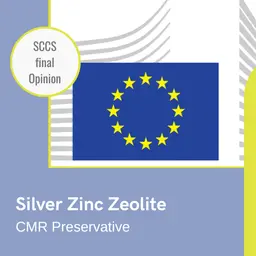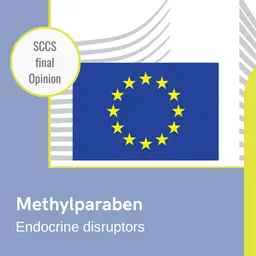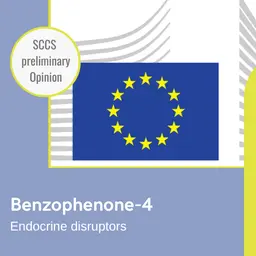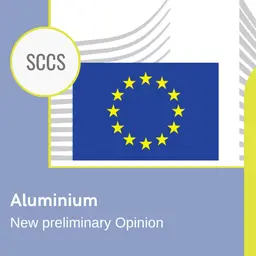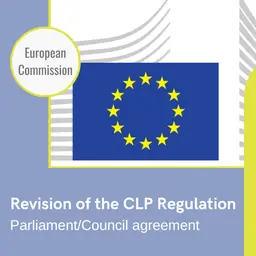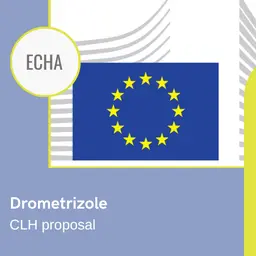
The 9th Congrès Parfums et Cosmétiques of the Cosmetic Valley (Conferences on Perfumes and Cosmetics), held in Chartres on 23 and 24 November 2011, is the time for professionals to look at the regulatory environment. A wide topic: the regulatory environment includes very different points, such as animal tests, the registration of raw materials on the European level, marketing claims, packaging ingredients or the sanitary and toxicological safety of products … Many of the topics regularly in the headlines of media have been talked about during two days; among them, endocrine disruptors.
Endocrine disruptors, especially Bisphenol A, are said to be dangerous for the human health, in our food or in baby bottles.
Cosmetics are not exempt from this problem. Parabens or phthalates are also questioned about their harmfulness. Legislators and scientists shall provide consumers with, for the former, a regulatory frame assuring the consumers of their safety, for the latter, elements to support political and legislative actions.
It is a major project, yet far from finished. Nevertheless, the due date is already given by the European Cosmetics Regulation, which will apply in lieu of the current Directive in July 2013. In its Article 15, it is written, “when Community or internationally agreed criteria for identifying substances with endocrine-disrupting properties are available, or at the latest on 11 January 2015, the Commission shall review this Regulation with regard to substances with endocrine-disrupting properties.”
Nowadays, the problem is to agree on a definition of endocrine disruptors, needed to write a thorough regulation. Indeed, very different substances are involved, with different and poorly known actions and effects on the human body. Nevertheless, our knowledge is increasing, as Robert Barouki, the Manager of the UMR-S 747 (Toxicology, Pharmacology and Cellular Signals) Department of the French …

